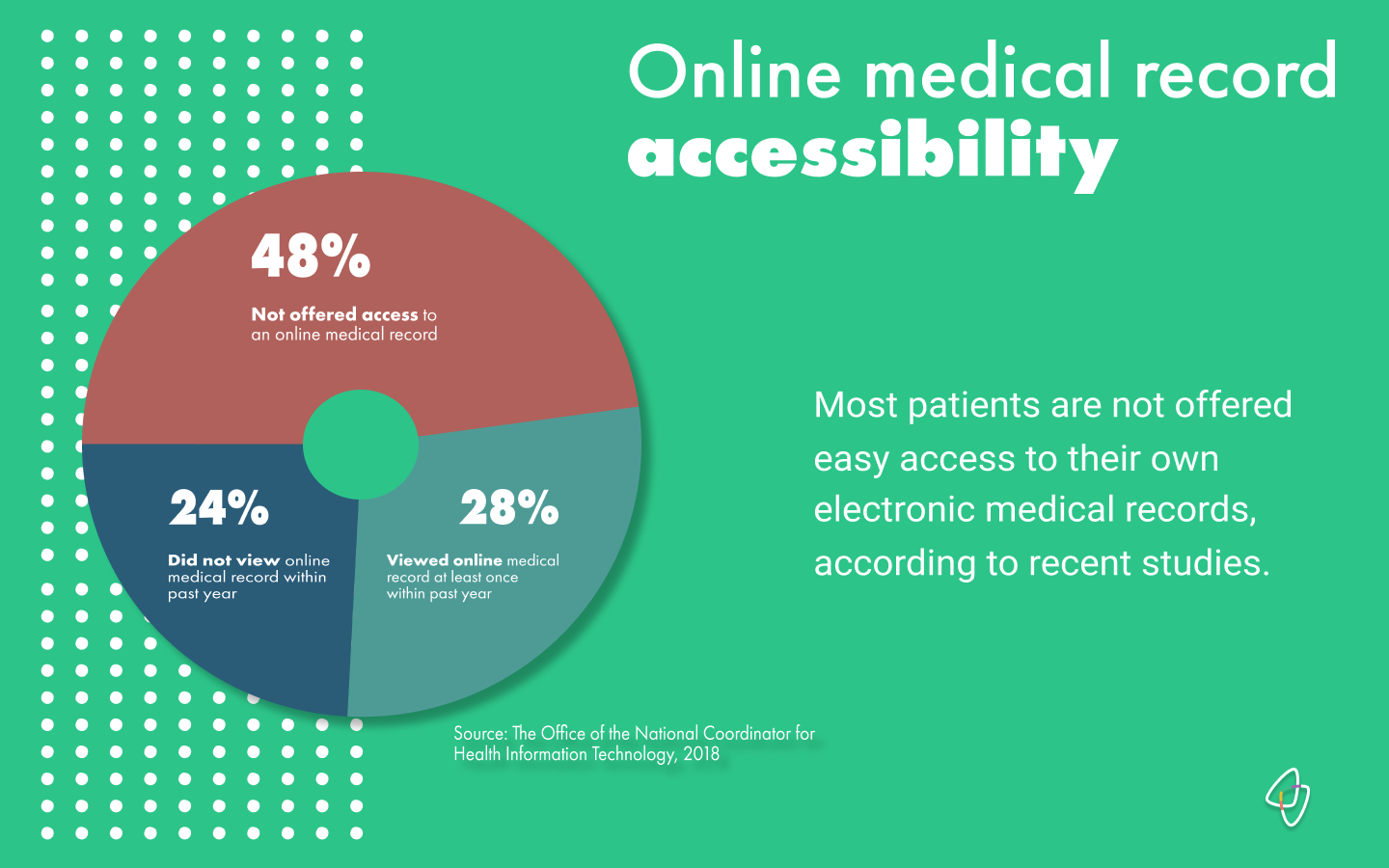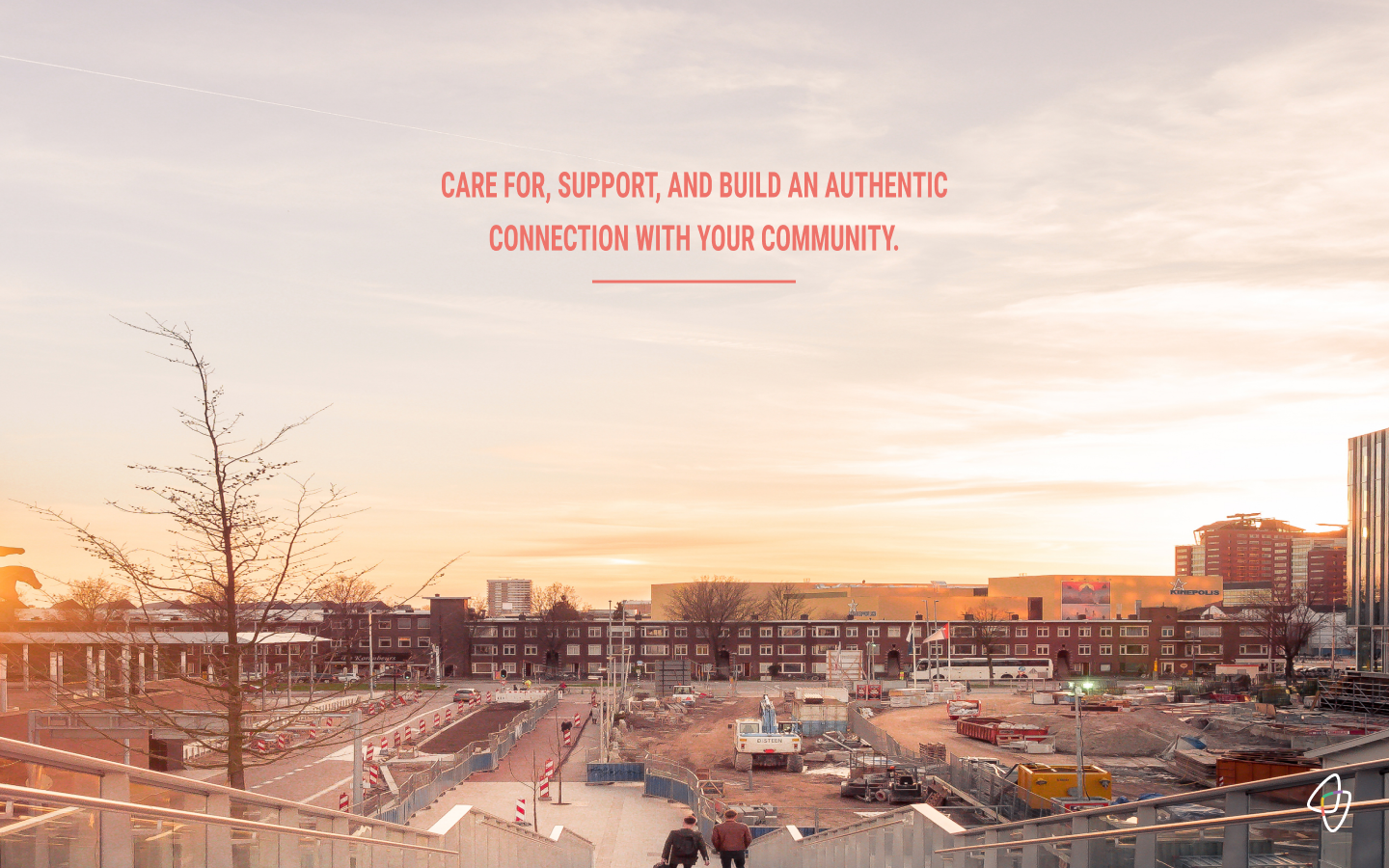The Screening Process

THE PROBLEM
If the patient is lucky enough to reach someone who can administer a pre-screener survey, they are often then asked to submit their medical record.
A study by Health and Human Services found that, in 2017 alone, only 28% of patients viewed their own medical record. Gaining access to one’s own medical record can be tedious, challenging, and even costly. Patients can be out additional time and money.
If a potential candidate is unfamiliar with their EHR or how to get it, we strongly encourage (and can assist with) taking the time to help them with the process: it can mean the difference between losing the candidate or enrolling them.
When assisting patients with medical record aggregation and transfer at Clara, we’ve seen the support service be especially helpful for older populations as well as patients with acute medical conditions who have not yet grown accustomed to bringing their medical records with them to various specialists.
The patients who were able to gather all of their information and complete the pre-screener will need to wait to hear the results in order to progress to an in-person screen. By this point in the process, the patient will have spent hours gathering documents, calling and emailing the study site, and speaking with various site staff members.
In one case, a patient we were working with had arrived on site for a physical exam, only to meet with a staff member from the site who was not familiar with the study. This patient was sent home and, unsurprisingly, chose to enroll in a different trial they were considering instead.

OUR SOLUTION
In the world of immediate gratification, consumers are used to enjoying same-day deliveries, ride-hailing, and live chat support. When modern consumers are met with unexpected delays, they are conditioned to give up and look elsewhere. With something as vital as medicine it is imperative to create and follow a process that responds to patients in minutes or hours instead of days to weeks. Realtime support and same-day resolutions drastically increase user conversion rates.
At Clara we use a live HIPAA-compliant support system so that we can respond to emails, texts, phone calls, and chats in real time. This not only delivers an incredible experience for patients, but it can also drive enrollment conversions 4-fold.
When patients are ready to be handed off to the trial site we regularly follow up with both the patient and the study coordinator to ensure that everything is going smoothly. Without this whiteglove service patients lose trust in the trial, which can cause preventable delays and expenditures for sponsors.

If you’ve ever had to work while very sick, you may understand some of the burden of being a patient. Even during periods of remission or wellness, patients still hold multiple occupations: project managing their own medical conditions, parenting or caregiving, working for a paycheck and managing disability, all while trying to live fully despite a difficult
situation. At Clara, we aim to make clinical trials one fewer element that patients need to worry about. By following up with trial sites on behalf of patients, booking their travel, arranging their study visits and more, we help to make the process as seamless as possible. We also make accessibility a priority.
For example, our ALS patients experience a wide range of symptoms which can influence their preferred mode of communication. While certain patients prefer text or email-based communications due to speech difficulties, others desire phone calls, as muscle weakness in the arms or hands may make typing difficult or impossible. Providing accessible modes of communication allows patients to comfortably communicate their questions and concerns in their
To read about how Moments of Care impact Retention, read ahead.
